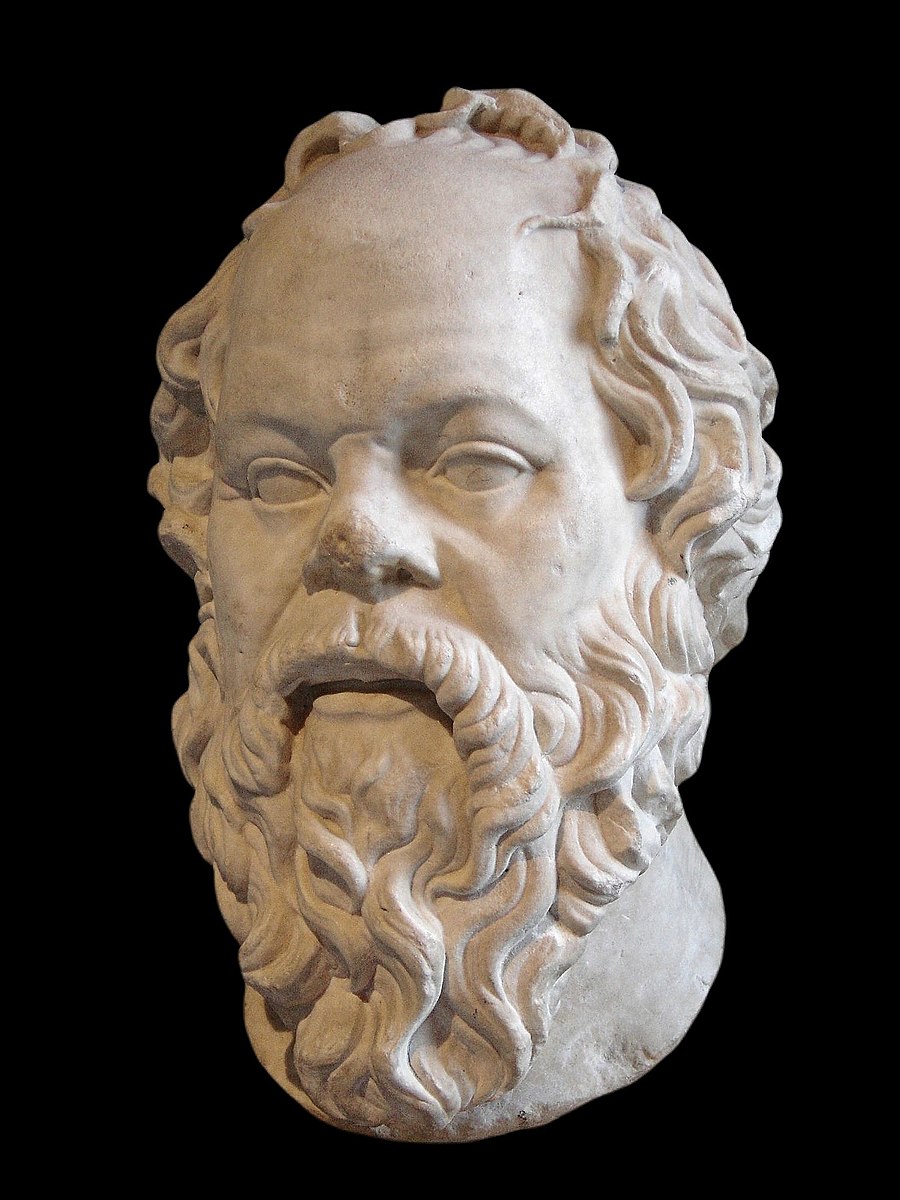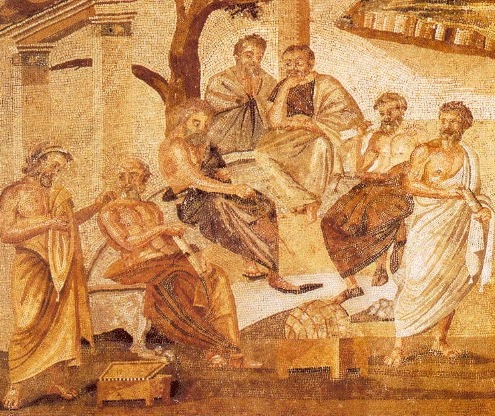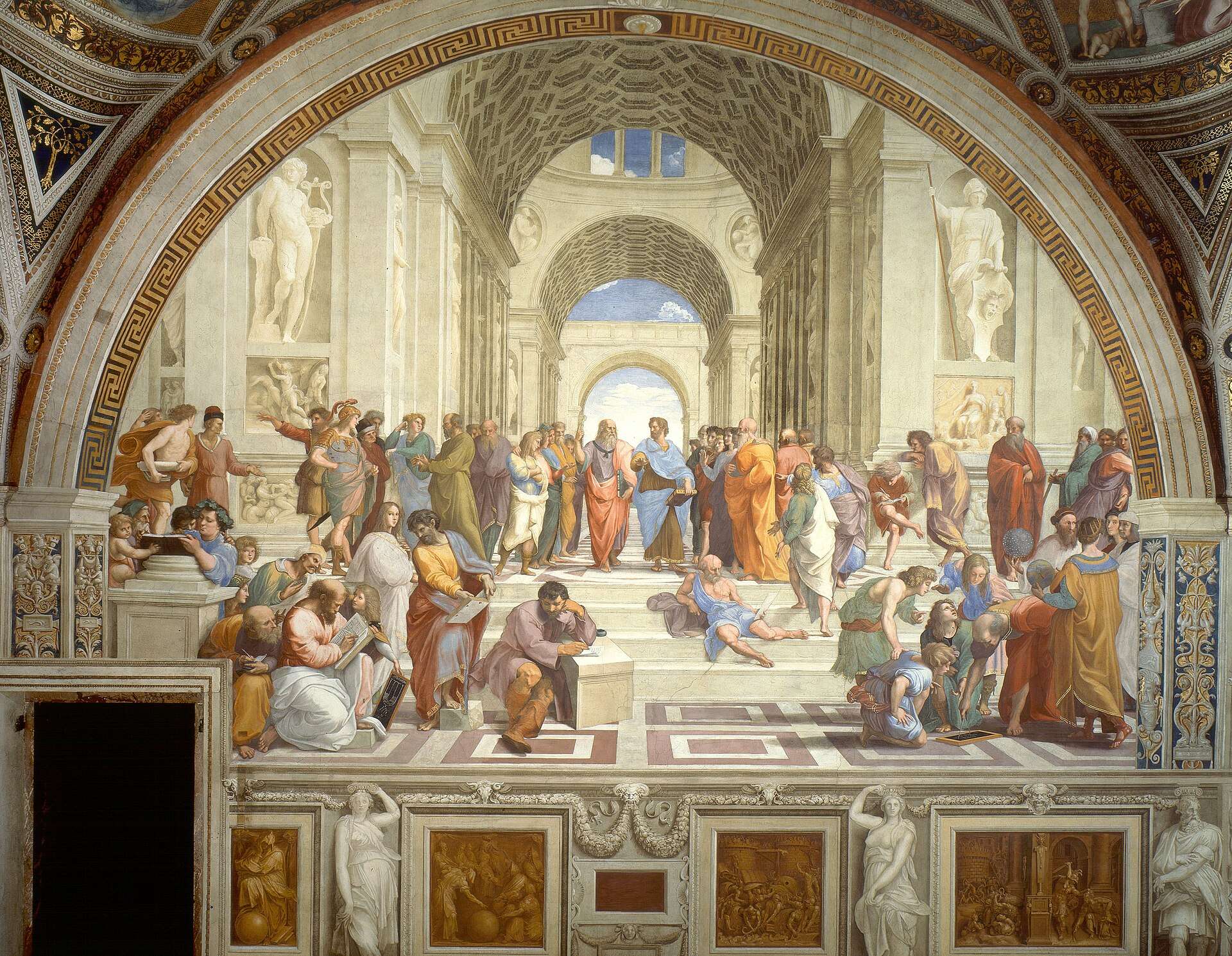
It has never been more important to question what is happening in today’s society; the news, entertainment, commercials, and the advent of A.I. is propelling us towards a world where people will believe almost anything easily and readily. In this new world, it is important to be skeptical of everything and to question all of the information that you receive. This is one of the fundamental aspects of epistemology or theory of knowledge and is core to western philosophy.
Once upon a time, in ancient Athens, there was a man who walked around owning nothing and arguing with everybody about how dumb they were. He birthed the philosophical movement of skepticism. He might be one of the few humans in all of history that was uncorrupted by money and power. His name, was Socrates.
Born of a stone-cutter and a midwife in 469, Socrates particularly liked to argue with a group of people who called themselves Sophists. They were the lawyers of ancient Greece; orators, public speakers, mouths for hire in an oral culture. His arguments with the sophists became the basis for logic and dialogues and influenced the youth of Athenian society, ultimately leading to his death.
Socrates was extremely disruptive to Athenian society, but he didn’t write anything down. He was remembered by his students, Plato and Xenophon through their work who each had different account of Socrates. He is credited with founding western philosophy through his student Plato and his student, Aristotle and is also credited with founding epistemology through his Socratic method, which was largely based on incubation and midwifery.
Indeed the Oracle of Delphi claimed there was no wiser man alive. He was also a veteran of the Peloponnesian war.
He was polarizing and disruptive figure in Athenian society, so much so that he was sentenced to death for impiety and corrupting youth. He spent his last days in prison, refusing offers to help him escape, which is recored in Plato’s Apology and Xenophon’s Apologia.
The Imprisonment of Socrates
is also recorded in Plato’s Crito, who was a rich Athenian that came to aid Socrates while he was imprisoned. He told a very calm and collected and even happy Socrates that he was to be sentenced to death. Socrates responded with his visions of a dream of a goddess and her calling him to Phthia which is a reference to the Illiad, and was the home of Achilles.

One of the most powerful things that Socrates says is that opinions of the educated should be taken into consideration and that the opinions of those with subjective biases or beliefs may be disregarded. Likewise, the popularity of an opinion does not make it valid. Socrates uses the analogy of an athlete listening to his physician rather than his supporters because the physician’s knowledge makes his opinion more valuable.[20] The dialogue becomes lengthy and ends with Socrates refusing Crito’s help for the greater good of Athenian Society.
This gives us some brief insight into the life of Socrates and his insights into society, justice, and logic.
The Athenian Trial of Socrates
Socrates was an incredible human. He refused to escape prison until his dying breath and his trial still puzzles historians in the biggest way. The trial of Socrates in 399 BC contained two charges: asabeia (impiety) and the corruption of the youth of the city state of Athens. He was basically questioning the authority of the local government through their religious practices. His elenctic method of questioning was imitated by the youth and was a threat to the credibility of his competitor intellectuals credibility of men of wisdom and virtue. His trial lasted a day and he willingly drank poisoned hemlock to end it all; happily ending his life for the city that he believed in. Socrates’ death as described in Crito corresponds very closely to the Hindu concept of Moksa, or the release of a soul from Samsara after death in that he was released from the cycles of death and rebirth by breaking his karmic cycle.
We should all aim to be more like Socrates, willing to sacrifice ourselves for the greater good of our fellow man and for the youth of our society. Our karmic legacy is all that will endure.


1 thought on “Socrates and the Importance of Skepticism in the Modern World”